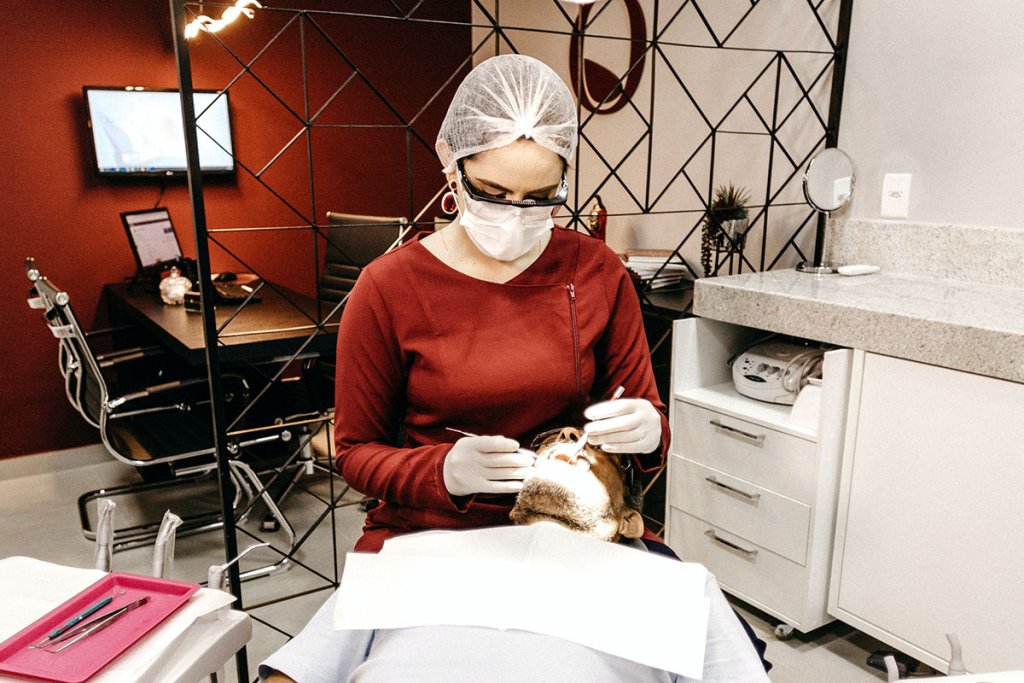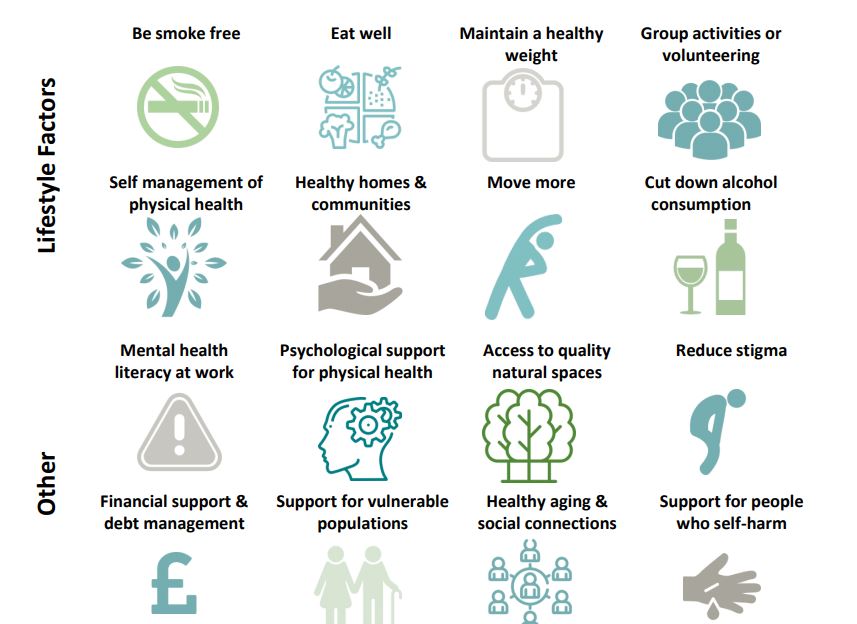The ‘new norm’ is just one of the latest buzz words following Coronavirus. For small businesses across Cornwall, that means adjusting to the needs of your customers and staff to offer flexible services and remote working.
Making the switch to remote and home working can provide lots of benefits for your business, but ‘smart working’ makes all the difference when it comes to boosting productivity, accessibility and inclusivity.
Ruth Gawthorpe the Co-founder of Smart Working Revolution said:
“Lots of our clients were ready for lockdown due to Coronavirus. But for others, they had to build new trust with their workers to make the switch. We hope that they now have a different view because productivity has been sky high.”

Ruth recently featured alongside Paul Banks from Fresha in our recent webinar “New World of Work” [watch the replay here], who told us how the catering business has adapted to the ‘new normal’ by moving towards flexible and smart working, where remote working isn’t possible.
What are the benefits of remote working?
Remote working and technology gives your business access to talented people all over the UK and beyond. But the switch to flexible working also helps you to build trust with your team while reducing your financial overheads.
Introducing flexible working and minimising work travel also improves the quality of life, wellbeing and job satisfaction of your employees all while reducing your carbon footprint. This all helps your business to retain your valued staff and contribute to building an inclusive, fair and diverse workforce.
Your checklist for smarter remote working
We’ve combined Ruth and Paul’s advice to help you maximise productivity. Use our checklist to create an action plan to help you embed inclusive remote working for your business:
1. Choose a model that’s right for your industry
The choice and flexibility that you can offer your team will depend on your industry, geography and customer demand. For example, the digital nature of the IT industry means that 84% of people are currently working from home or remotely – using platforms like Zoom and Teams to stay in touch. While that’s only 27% for the construction industry, where people need to be physically out working.
Ruth recommends researching and choosing a smart workforce model that fits with your industry. With more physical industries like construction, dentistry, hairdressing and hospitality, compressed weeks and flexible start times will be more suitable than homeworking.

2. Tailor remote working for staff members
Rethinking how your team will work in the ‘new norm’ gives you the opportunity to promote the health and wellbeing of your employees while also boosting productivity. Each employee has different home working environments, personality traits and health needs.
Ruth found that “Often introverts like getting into cubby holes to work productively and then have a chat. While extroverts often make regular contact with clients and colleagues while at home.” Check out our recent blog posts about adapting to people’s needs and supporting mental health by promoting healthy working environments and behaviours.

3. Assess what your customers need
Smart working options start with working out what your customers need and then working backwards you may need some people working from home and others out at work which may cause limitations or feelings of resentment.
Working from home is not the only model to remote working, compressed hours, annualised hours and flexible starting hours mean that your staff are on hand when customer service is in demand.
4. Build trust with your team
Ruth says that smart remote working requires different management skills: “Trust becomes the oil in a successful remote workforce… When Leaders cannot see the individual in person, they tend to feel a lack of control and worry that work will not be completed properly. Trusting workers becomes a bit of a challenge. Yet, trust is the key to unlocking a successful smart working programme.”
Smart Working Revolution offers training for leaders to help staff achieve their best work.
5. Use flexibility to reopen profitably
With a lot of businesses having to open with reduced capacity, Paul says the trick is to not race back to work but to reopen profitably. Prior to Coronavirus Fresha employed over 60 people, over 12 locations, and feeding 2,500 customers. In April during the peak of Coronavirus, the company instead had 58 staff members on furlough, 4 people working from home, 10 locations closed and were feeding less than 100 people a day.
Mark recommends staying up to date with changing legislation and said: “We are starting a phased return. We’re looking at early and late shift patterns to reduce the number of people onsite together, and we are offering reduced working hours and updated working contracts to support our staff back to work.”

6. Make inclusive adjustments
Risk assessments and making reasonable adjustments can help you assess remote and home working environments for your staff. In turn that can help you to boost productivity. By supporting your staff who have long-term health conditions and disabilities you can help them transition safely and inclusively into remote working. The government’s advice for Coronavirus explains this in more detail.
To hear more from Ruth and Mark you can watch the full recording below.
_________________________________________
Have you already signed up to our newsletter…?
When you sign up, you can hear about all the work we do with small Cornish businesses, giving them financial & expertise support from ERDF & the University of Exeter, as well as keeping abreast of our events.


Recent Comments